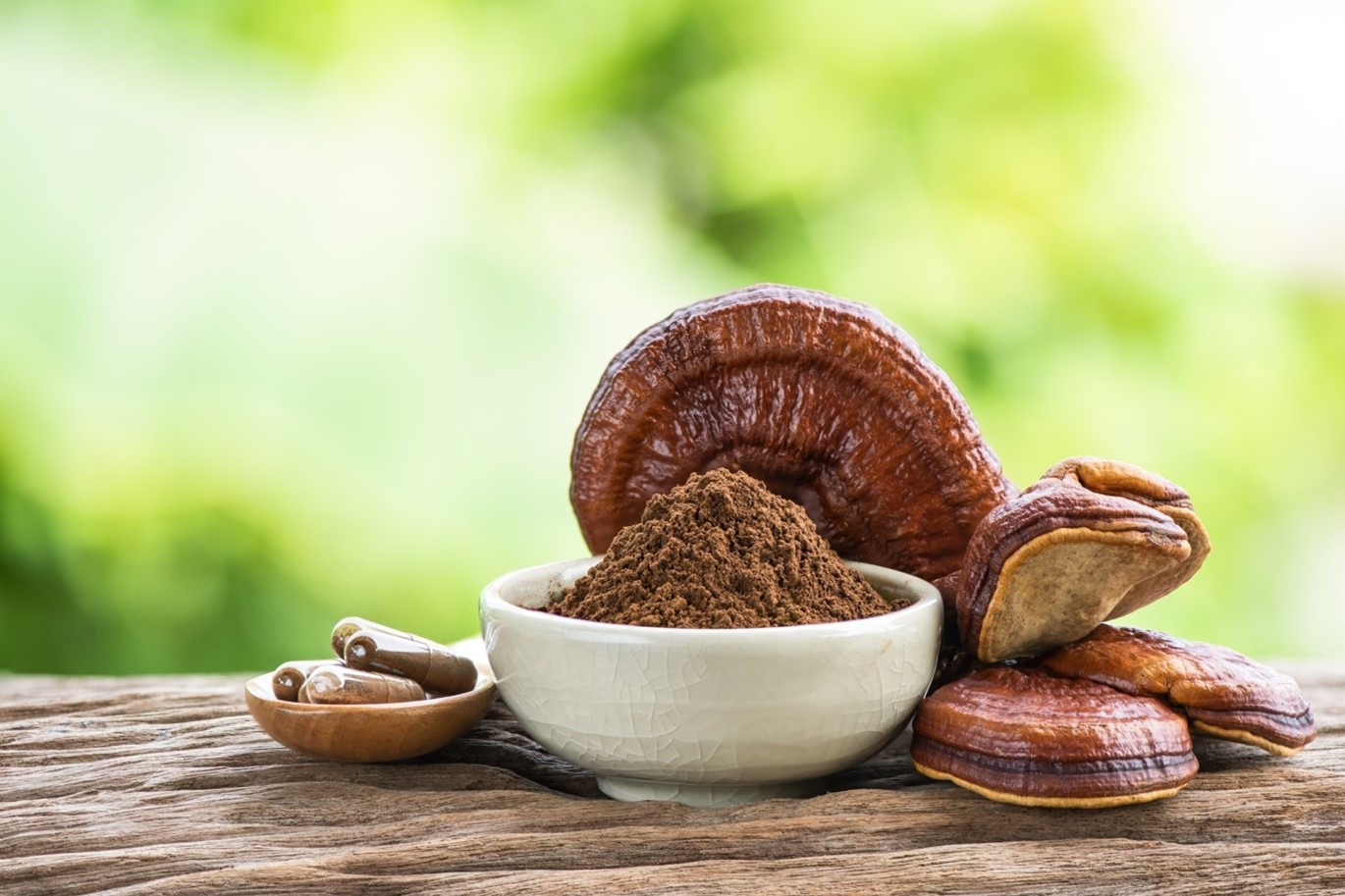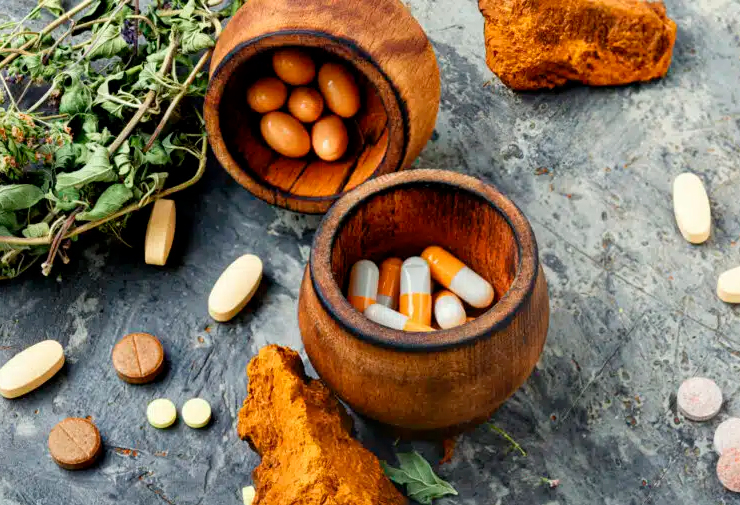
When it comes to wellness, each year brings a new slate of trends, as many individuals try to hack their health with the hopes of feeling their best. Consumers are also showing an interest in supplements that can help support their holistic wellness journey.
Top Supplements for 2024
Forbes Health Advisory Board members anticipate that the use of supplements will continue to increase in popularity in 2024, specifically the following:
Creatine:
Creatine monohydrate is a popular supplement used to help enhance athletic performance or increase energy for short bursts of activities, such as sprints. It’s also been touted as a key ingredient for improving workout recovery. Creatine supplements may contain different forms of creatine, each with different purported benefits.
Creatine monohydrate is the most widely used and most researched form. Children and teens should not take creatine supplements. Adults should speak with their healthcare provider before beginning creatine supplementation. Research shows that between 3 to 5 grams of creatine per day is a safe range and that users should not take more than 20 grams/day. For more: https://www.forbes.com/
Ashwagandha:
Also known as Indian ginseng, winter cherry, or by its scientific name Withania somnifera, ashwagandha is an herbal shrub whose roots and berries are used for their medicinal properties. Ashwagandha is part of a class of plants called adaptogens known for their health benefits when ingested as teas, powders, tinctures, and supplements, or in their raw forms.
Ashwagandha is a safe and non-toxic plant, but there are a few factors to consider before adding it to your diet. It is unsafe for pregnant women, breastfeeding, immunocompromised, for those soon undergoing surgery or have a thyroid condition. It’s a good idea to let your doctor(s) know if you want to add something new to your health routine, including ashwagandha. If you’re already taking other medications, ashwagandha may enhance or weaken their effects. For more: https://www.forbes.com
Berberine:
It’s a bitter-tasting chemical compound derived from a variety of plants, such as Hydrastis canadensis (goldenseal), Coptis chinensis (coptis or golden thread), and berberis vulgaris (barberry). Berberine is typically found in capsule form, but it’s also formulated as eye drops and gels for a variety of inflammatory conditions of the skin, eyes, or joints. Individuals should consult a health care provider or herbalist to discuss accurate dosing (which isn’t standardized) and read the manufacturer’s instructions. For more, https://www.forbes.com
Matcha:
Japanese matcha, sourced from specially grown and processed leaves of the camellia sinensis plant is a colorful beverage high in antioxidants and with other powerful health-promoting properties, including increased memory and cognition, reduced stress and inflammation, and antiviral compounds that strengthen the body’s immune system.
Matcha powder is a versatile ingredient. Traditionally it can be brewed into tea, but it can also be added to smoothies, baked goods, ice creams, homemade popsicles, and desserts. You can also sprinkle it on popcorn. Make sure the matcha you’re drinking has a Certificate of Analysis (COA) confirming that it’s lead-free. If you have a caffeine sensitivity, avoid matcha and drink decaffeinated green tea instead. For more: https://www.forbes.com/
Mushrooms and mushroom powders:
Mushrooms traditionally associated with medicinal properties are not always tasty on their own. (Chaga, for example, has the taste and texture of tree bark.) But from a nutritional standpoint, the varieties we commonly nibble on and cook with are quite good for you. Edible mushrooms are low in calories (one cup of raw sliced white mushrooms is only 16 calories), rich in protein and fiber, and a good source of B vitamins as well as minerals such as potassium, copper, and selenium.
Mushrooms contain high amounts of the antioxidants ergothioneine and glutathione, according to a 2017 study conducted at Pennsylvania State University published in the journal Food Chemistry. Antioxidants are known for protecting cells from damage associated with diseases such as cancer, heart disease, and Alzheimer’s. source: https://www.theguardian.com
Marine collagen and sea moss:
Marine, or fish, collagen comes from the skin of fish. It can help you bring your levels up. You may already take supplements or use cosmetics with collagen in them. It’s important to note that supplements are not regulated by the FDA, so if you’re thinking about using marine collagen, either as a supplement or a cream, talk with your doctor about it first to make sure it’s right for you.
Sea moss is a type of edible red seaweed or algae that grows on the rocky coast of the Northern Atlantic. The iron and magnesium content in sea moss are what stand out, Just one ounce (28.3 grams) of sea moss contains 14% of the daily value of iron, an essential mineral required for healthy red blood cells. One ounce of sea moss provides 10% of the daily value of magnesium, a mineral involved in over 300 biochemical reactions in the body. Source: https://www.forbes.com
Magnesium:
It is an essential part of multiple processes, including protein synthesis, muscle and nerve function, blood pressure regulation, and glucose control. It is found in many food sources, including leafy green vegetables, nuts, seeds, whole grains, foods rich in fiber, and even tap, bottled and mineral water. It’s also often added to several foods like cereals. The best magnesium supplement for you will be determined by factors such as age, sex, dosage, cost, side effects, and personal preference. Additionally, aim to find a supplement that is third-party tested to ensure that the product includes the ingredients listed on the label. Consult with your doctor to determine the best magnesium supplement for you. For more: https://www.forbes.com/
Vitamin D:
It is a hormone that the body produces through exposure to the sun. There are few foods naturally rich in vitamin D, but fatty fish and cod liver oil are among the best sources. It’s also found in smaller amounts in cheese, egg yolks, and beef liver. Since only a few foods naturally offer vitamin D, it’s fortified in other foods such as milk, cereal, and orange juice. It’s best to take a vitamin D supplement with a meal that includes fat such as avocado, olive oil, or cheese so it can be better absorbed. The safe upper limit for vitamin D is 100 micrograms or 4,000 IU for both adults and children ages 9 and over. More is not always better. For more: https://www.forbes.com/
Astaxanthin:
A type of algae makes astaxanthin. These algae are used as a source of astaxanthin in supplements. Supplement makers suggest varying amounts of astaxanthin in many diseases. Most of the small research studies to date have used between 2 mg and 12 mg daily. However, optimal doses of astaxanthin have not been set for any condition. Quality and active ingredients in supplements may vary widely. This makes it difficult to set a standard dose, source: https://www.webmd.com.
Choline:
Choline is an essential nutrient that supports your lipid metabolism and liver health. A choline supplement can help ensure your body is getting enough choline to function properly. It may also help reduce your risk of fatty liver disease, muscle damage, and other health conditions. Ask your health provider if they think you should add a choline supplement to your daily routine. source: https://my.clevelandclinic.org
When looking for the best supplement, consider a few key factors- The quality, effectiveness, and safety of the supplement.

